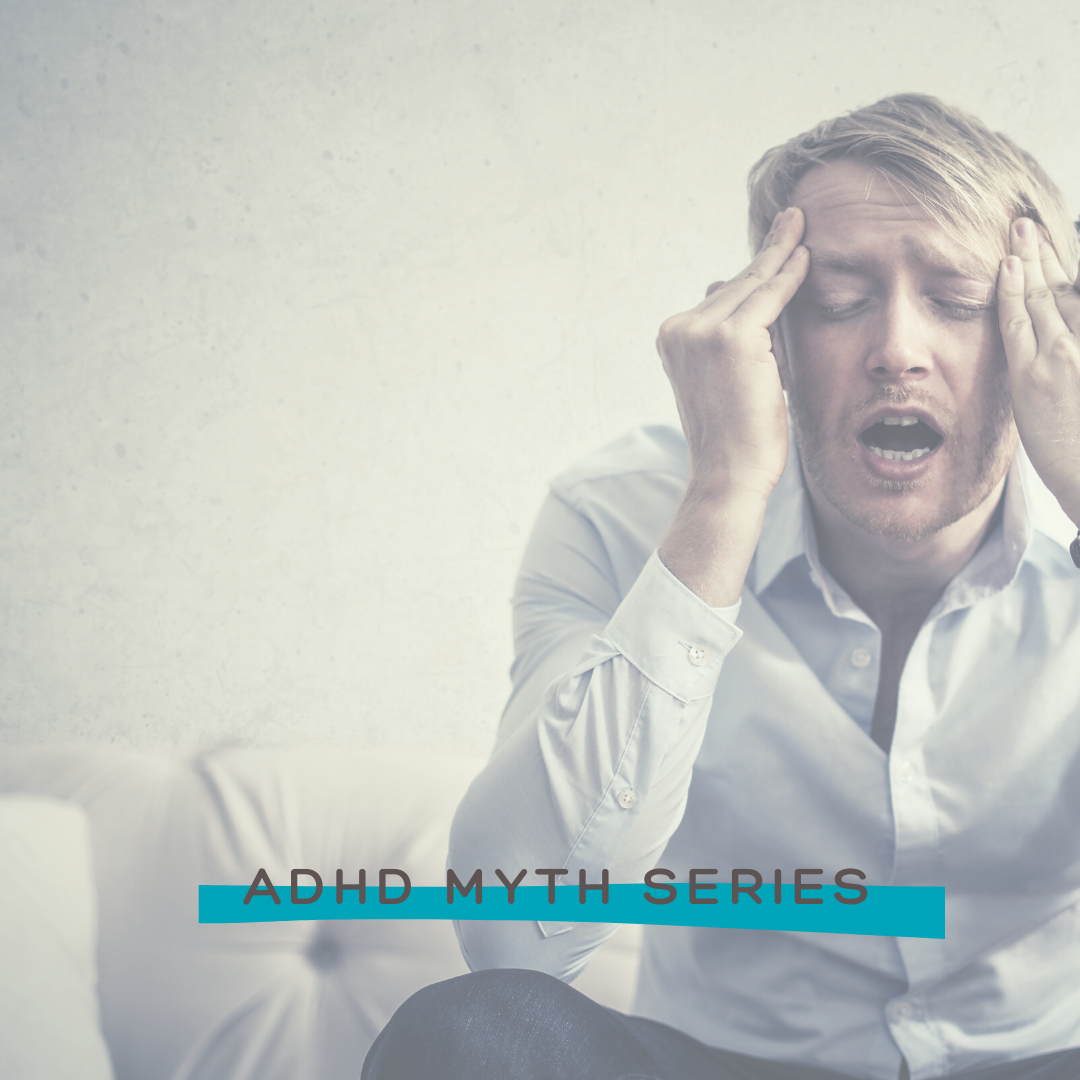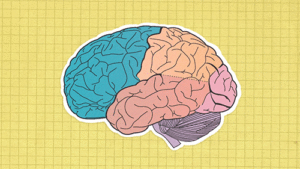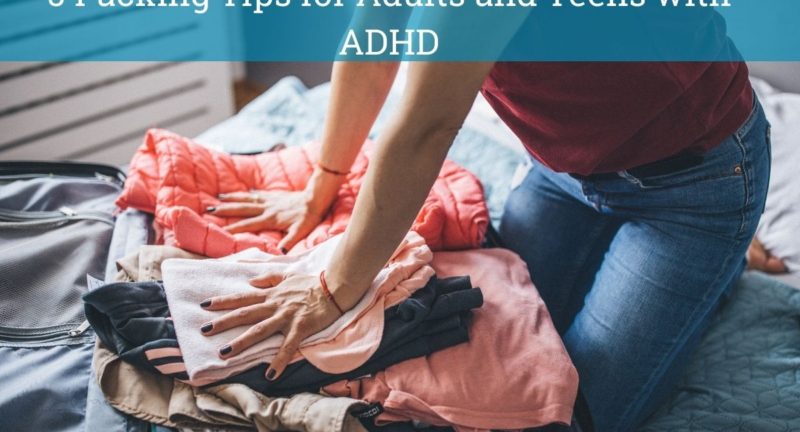
Myth: ADHD Only Affects Kids
Did you know that ADHD wasn’t always called ADHD? In fact, it used to be called hyperkinetic disorder of childhood. This name insinuated that ADHD affected children only. However, this isn’t the case.
In 1987, the American Psychological Association (APA) revised the DSM-III to reflect a new name: attention deficit hyperactivity disorder. Despite the name change, we continue to see a common misunderstanding that once a person reaches adulthood, he or she can outgrow ADHD. This is a myth.
In this post, we’ll cover:
- The root of the myth
- How ADHD impacts adults
- How we can help
ADHD Doesn’t Just Affect Children
According to CHADD’s National Resource Center on ADHD, 10 million American adults have ADHD. That’s roughly 4.4% of the adult population in America, according to the National Institute of Mental Health.
Because the earliest definitions of ADHD (in the first half of the 20th century) focused only on children, many people who were treated for childhood ADHD ceased treatment when they reached adulthood. But their symptoms didn’t go away. These individuals continued to struggle distractibility, regulation of attention, organization, time management, maintaining focus in conversation, impulsivity, and other issues related to ADHD.

In the late 1990s and early 2000s, researchers began to study adult ADHD more intensively. Thanks to advanced brain imaging studies and further research, researchers concluded that the majority of cases of childhood ADHD continue into adulthood. This is because ADHD is a brain-based condition with documented, structural differences in the brain. These structural differences don’t go away as a person matures. You can’t outgrow ADHD.
So how did we end up with this myth?
Adults may have had more time to learn strategies for managing symptoms. It’s also possible that the severity of the symptoms change over time. For example, a child may struggle sitting in a desk all day long, but if he grows up and enters a career that doesn’t require sitting at a desk, he may not struggle with that specific symptom as much.
How ADHD Impacts Adults
Adults with ADHD may also have difficulties with executive function. Recently, deficits in executive function — which includes task initiation and sustained attention — have been shown to be key factors that affect both academic and career success.
Executive functioning skills refer to a set of skills that help you manage thoughts and actions.”
Adult ADHD symptoms may include:
- Impulsiveness
- Disorganization of thoughts
- Poor time management skills
- Problems focusing on a task
- Trouble multitasking
- Excessive activity or restlessness
- Problems prioritizing and/or planning
- Low frustration tolerance
- Frequent mood swings
- Problems following through with and completing tasks
- Hot temper
- Trouble coping with stress
- Attentional control
Untreated, ADHD in adults can lead to difficulties at work and home. It can cause serious problems in an adult’s academic work, professional career, and even personal relationships.
The good news is that additional research has proven that treatment for adults can be very helpful.”
It’s never too late to get help. Even better, the right kind of help can make all the difference when it comes to reaching a person’s full potential.
Treating ADHD in Adults
Whether you are new to ADHD or have been living with ADHD for a long time, you can be quickly overwhelmed with misinformation and rumors surrounding ADHD. That’s why education is often a critical first step to gaining a better understanding of how your ADHD affects your life and relationships.
Keri Knight, LCSW states: “The right education can help you and your loved ones clear up any misconceptions, and it also reduces the unproductive blame and guilt that many people and families experience with ADHD. It can be a relief to know that the difficulties with memory, organization, and attention are symptoms, not character flaws. In fact, education is almost universally agreed upon as the necessary first step in treatment.“
In addition to educating yourself on ADHD, you may also benefit from:
- Coaching
- Therapy
- Medication
- Lifestyle changes, such as improved diet, exercise, and better sleep.
With the right treatment, you can thrive!
You’re Not Alone on This Journey
At Next Step 4 ADHD, we offer complete support and comprehensive treatment for adults, adolescents, and children who struggle with ADHD. We strongly believe that simply medicating the problem doesn’t fully address the issue. There are skills you can learn and develop.
More importantly, our team of professionals offers an ongoing support system when you need it.
Dealing with ADHD on your own can be difficult, but with our innovative approach, you’re never alone. We are here to guide you with your next steps. If you’d like to learn more about us or set up a confidential discussion with one of our professionals, you can complete this form for a virtual appointment. Alternatively, call our Louisville, Kentucky office at (502) 907-5908.
References:
- https://www.ncbi.nlm.nih.gov/pubmed/4463400
- https://www.nimh.nih.gov/health/statistics/attention-deficit-hyperactivity-disorder-adhd.shtml
- https://www.healthline.com/health/adhd/history#1980
Related Posts
5 Summer Vacation Packing Tips for Teens and Adults with ADHD
Whether you're a parent with ADHD in charge of packing for a family vacation, or...
Are You a Procrastinator? [Quiz]
Nearly everyone procrastinates at some point. For those living with ADHD,...


![Are You a Procrastinator? [Quiz]](https://nextstep4adhd.com/wp-content/uploads/2023/06/Living-with-ADHD-800x432.jpg)